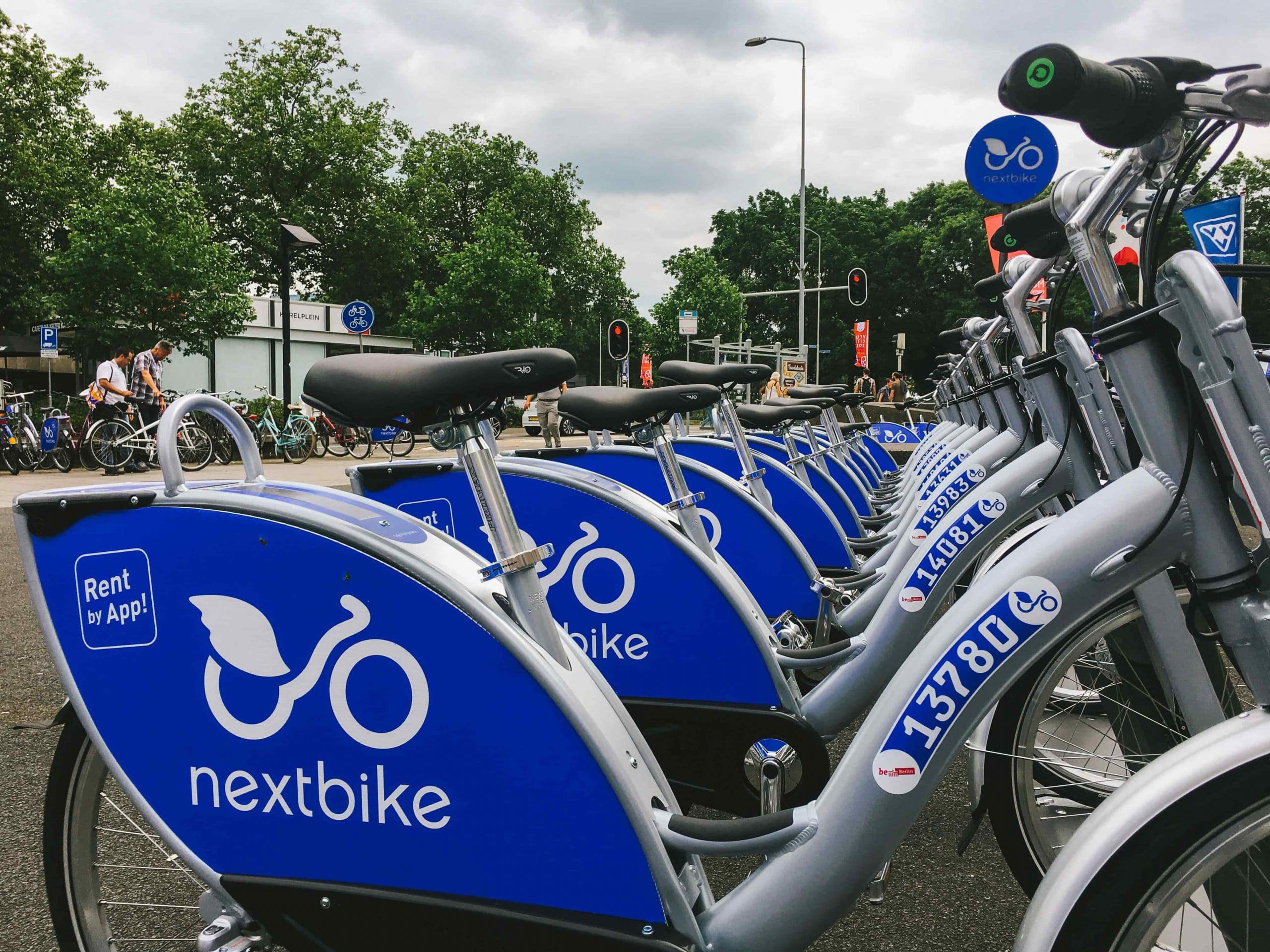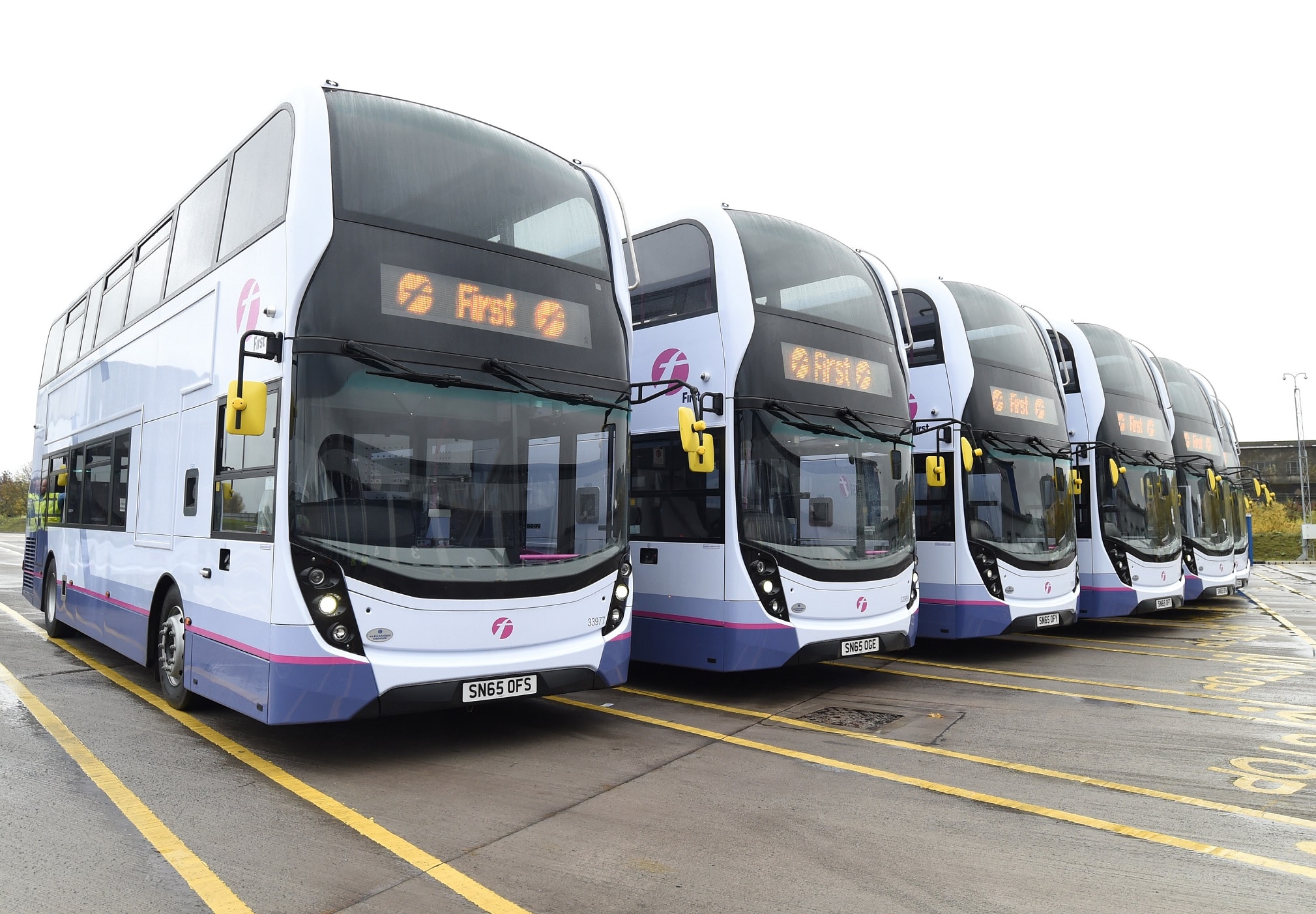The fondness that Jo Bamford has for hydrogen fuel cell-electric buses has become well known since he purchased Wrightbus in October 2019. But even prior to that, his interest in the sector was clear. The name of his established Ryse Hydrogen business leaves little doubt as to what it specialises in.
Mr Bamford is serious about hydrogen as an energy source for buses. His ‘big bang’ approach may be what has been long overdue. It could finally take fuel cells and turn them from a boondoggle into part of demonstrating that an environmentally friendly bus industry is inherently linked to wider societal benefits.
His belief that fuel cells will come good cannot be questioned. Mr Bamford’s fully costed £500m plan for the introduction by 2024 of 3,000 hydrogen-powered buses and their associated infrastructure proves that.
Does government and the wider industry yet share that view?
“No,” is his simple answer. But Mr Bamford accepts that the reality is much more nuanced. It is influenced by the fact that zero-emission buses in the UK have thus far been relevant largely to urban applications.
“There has been a rush towards battery-electric. Some good solutions exist there. But what about its functionality? There are compromises. Battery-electric is a good idea for some routes, but not for all.”
Hydrogen buses ‘offer higher-mileage flexibility’
Mr Bamford points out that hydrogen buses are as capable as battery models in urban landscapes. Hydrogen also suits higher-mileage duties. But he accepts that there is currently a compromise for the adoption of fuel cells: Price.
The recent call for £500m of government money to support the introduction of 3,000 hydrogen buses will, if delivered, go a long way to removing that. Through Mr Bamford’s proposed funding mechanism, the purchase price to the operator of a hydrogen bus would be brought down to the same as that of a comparable diesel – and beyond.

“Of the £500m we are seeking, £200m is for infrastructure and £300m is as a top-up for purchasing the buses,” he says.
Across 3,000 vehicles, that subsidy averages £100,000 each, although it would be a tapered per-bus payment that decreases as volumes rise.
Once all 3,000 were in service, economies of scale would mean that no external support would be needed to achieve price parity for later deliveries.
In fact, Mr Bamford is confident that as further volumes followed, the price of a hydrogen bus would come below that of a diesel.
Hopes for such a take-up of hydrogen in a sub-five-year period are undeniably optimistic. But Wrightbus already has orders for fuel cell-electric buses in hand. Besides range capabilities, Mr Bamford makes some compelling arguments for the technology.
Depot infrastructure is relevant to them. He points out that a hydrogen bus can be fuelled much like a diesel and has no reliance on the installation of charging points. Additionally, the fill time for a hydrogen bus is like that for a diesel.
All Hydrogen Bus Town proposals ‘not difficult’
Mr Bamford, alongside Wrightbus CEO Buta Atwal, is a co-signatory of the recent letter sent by the All-Party Parliamentary Group on Hydrogen to Secretary of State for Transport Grant Shapps. It calls for the establishment of a £50m All Hydrogen Bus Town fund.
Delivering on that is achievable, he says. One of the reasons why is the simplicity of such an approach: It would allow a wholesale move to hydrogen without a need to accommodate other low- or zero-emission technologies.
“Manufacturers are ready to deliver,” he says. “It is not difficult to do. If I were an operator running a depot, I would want a solution that does everything that diesel does.”
Jo Bamford sees minimal long-term market interest in operating both hydrogen fuel cell-electric and battery-electric buses from the same depot. He questions whether such an approach is an optimum solution from a business efficiency perspective.
Ryse offers zero-emission solutions to complement buses
Solutions are where Ryse Hydrogen comes in. It and Wrightbus are different businesses. An operator is not compelled to use Ryse when buying Wrightbus hydrogen-powered products. Ryse offers services including planning and construction and it will take on “as much responsibility as required” during the procurement and mobilisation process.
Additionally, Ryse will offer the same services for battery-electric buses as it will for those fuelled with hydrogen. That, says Mr Bamford, makes it a solutions provider for zero-emission buses, and its capability will greatly complement the Wrightbus range going forwards.
Wrightbus’ platforms for electric buses will be largely the same regardless of whether they are powered by batteries or by hydrogen. The principal difference is how the energy is stored.
The double-deck zero-emission product is ready. The first hydrogen fuel cell examples will be delivered this year. Work on the single-decker remains ongoing. It will not be a development of the StreetLite. Instead, it will be a new platform.
Diesel: Depends on local conditions

Although the talk surrounding Wrightbus since its takeover by Jo Bamford has largely focused on hydrogen, production of diesel buses will not end in the short- or medium-term.
He believes that diesel in new deliveries has a remaining shelf life of five or six years in western markets.
Nevertheless, it will continue beyond that in some other regions. How that requirement will be approached is still for debate, but future R&D spend at Wrightbus will focus on zero-emission.
Some things in the world of hydrogen buses are yet to become entirely clear. But Mr Bamford’s call for 3,000 of them by 2024, along with proposals from and work in other parts of the industry, and a commitment of public money towards developing zero-emission bus fleets, means that their time may soon be here.



























